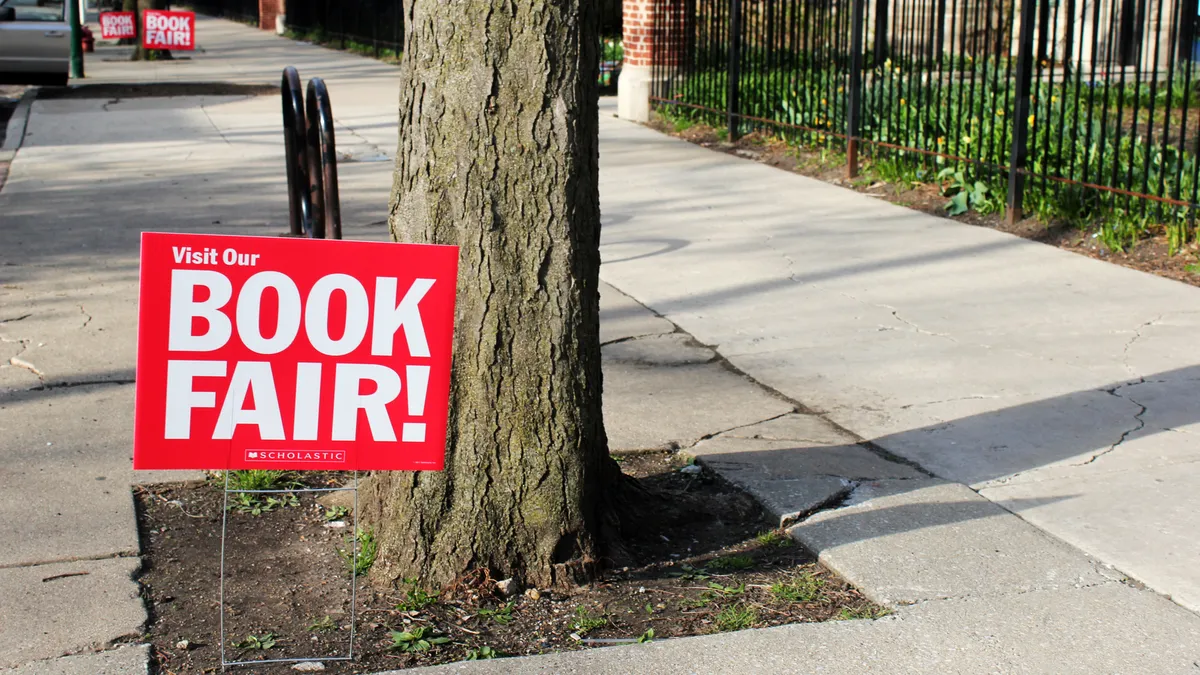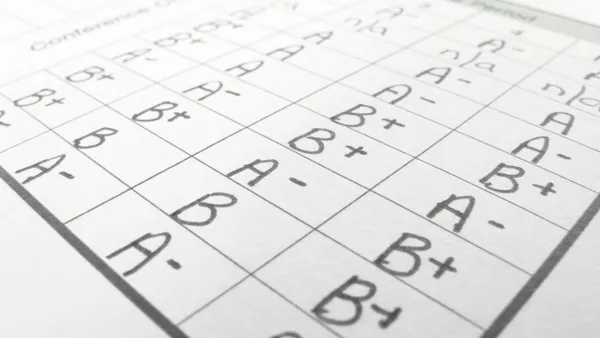Scholastic is walking back on its decision to separate titles related to LGBTQ and racial diversity after this month's announcement of its separate collection led to public scrutiny.
"Even if the decision was made with good intention, we understand now that it was a mistake to segregate diverse books in an elective case," said Ellie Berger, president of Scholastic Trade Publishing, in an apology letter circulated Tuesday. "We will find an alternate way to get a greater range of books into the hands of children."
The collection — which included titles related to major Black figures like John Lewis, Ruby Bridges and U.S. Supreme Court Justice Ketanji Brown Jackson — was prompted by enacted or pending legislation restricting LGBTQ+ and race-related topics in over 30 states. The Scholastic collection also contained titles related to other races and ethnicities, such as a Smithsonian anthology of influential Latines in U.S. history and a biography of Pakistani girls’ activist Malala Yousafzai.
Berger said the separate collection, which was launched in August, will be discontinued starting in January and that Scholastic — the largest publisher and distributor of children's books — "is working on a pivot plan" for the remaining book fairs this fall.
Scholastic’s book fairs have been running for over 40 years nationwide and sell books to more than 35 million children every year. Last year, the publisher held 96,000 book fairs in partnership with schools.
The publisher’s apology is reminiscent of another made by College Board earlier this year, when the testing developer said it blundered its rollout of an AP African American Studies course. The nonprofit came under fire after it altered the course to remove instructional focuses like "Black Identities," "Black Feminist Movement, Womanism, and Intersectionality," and "Black Lives Today."
The alterations also made topics like reparations and intersectionality optional — rather than required as under the original proposal — and completely stripped Black Queer studies from the curriculum.
Florida, which has in place stringent policies restricting race-related issues in classrooms and libraries, took credit for the change and later demanded that it also adjust its long-standing AP Psychology course, which College Board refused to do.








 Dive Awards
Dive Awards






